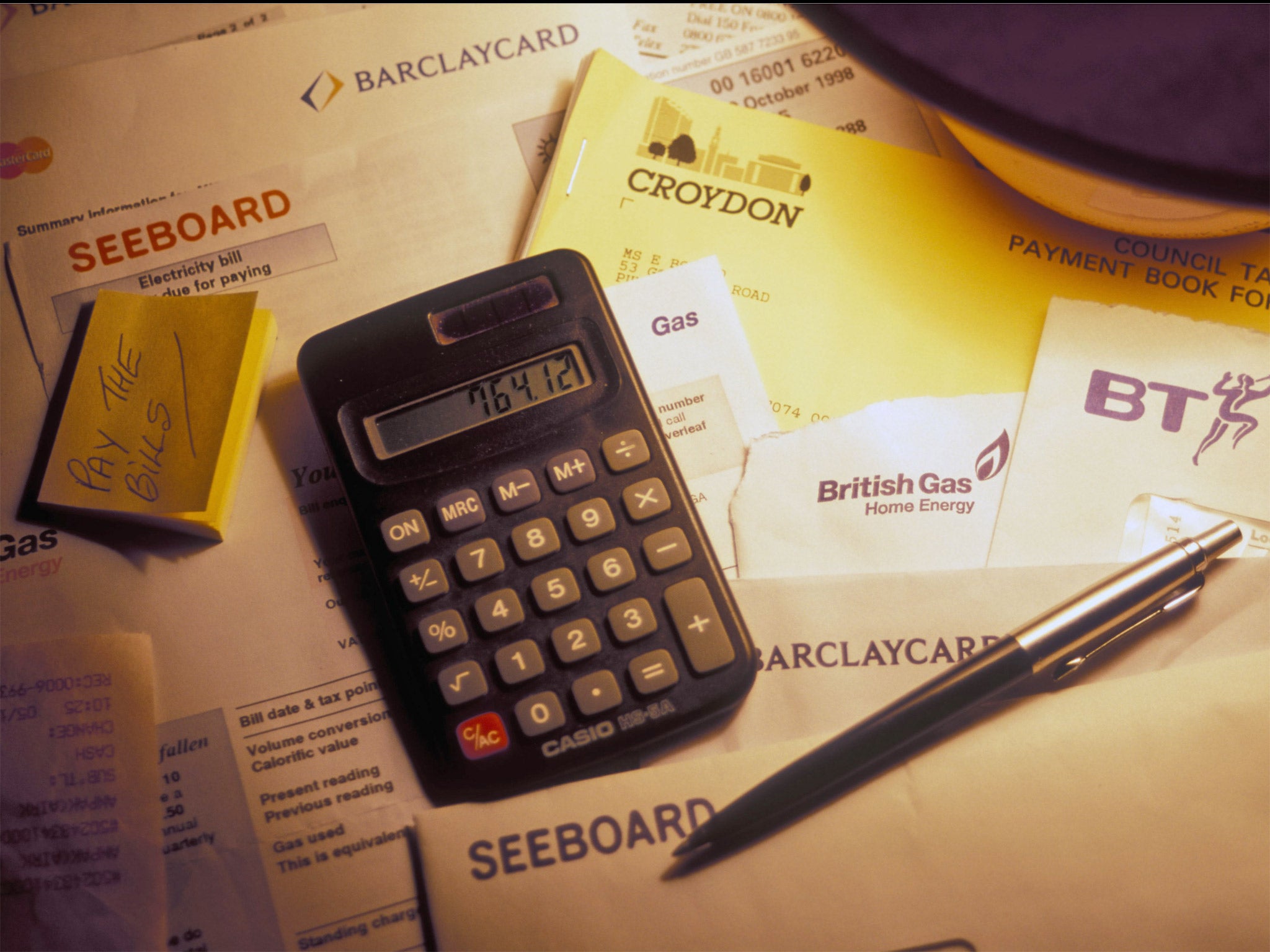Economy stalling and household debt soaring, and we haven't even quit the EU yet
We are storing up grave problems that won't be addressed with the next Government's attention focussed on Brexit

Remember the post-Brexit boom? What happened to that then?
This morning first quarter growth was revised down from a pedestrian 0.3 per cent (a sharp slowdown on the previous three month period) to a positively soporific 0.2 per cent.
The Office for National Statistics, which puts the data together, blamed it on a slowdown in consumer-focussed industries. Retail sales, hotel accommodation, that sort of thing. Rising prices, you see.
At a time of extreme uncertainty, which badly hit business investment, among other things, the consumer stepped up to the plate, to hold up the economy by indulging in a spending spree.
With wage growth pedestrian at best - and incomes are now again failing to keep up with rising prices - it was going to have to come to an end sooner or later.
That time is now.
The only outstanding question is how consumers managed it for as long as they did.
We might just have an answer.
As the ONS was revising its figures, the TUC was publishing an analysis of unsecured debt. It is set to reach a record high of £13,900 per household this year, a staggering sum, if you think about it. Remember, average annual wages stand at less than £28,000, and despite low interest rates, mortgages take up a big chunk of the earnings of those that have them.
That £13,900 exceeds the pre financial crisis peak of £13,3000 recorded in 2007, by the way. If current trends continue, it will reach an eye popping £15,000 by the end of the next Parliament.
It isn’t all that hard to see what has been happening. People have been borrowing to spend, whether on credit cards, or store cards, or via personal loans, or other forms of debt, perhaps payday loans.
It is true that the charges that can be imposed by the people who offer the latter have been capped, but it remains an extremely expensive way to borrow. That doesn't stop an awful lot of people from doing it.
With real wages still £20 a week lower than they were prior to the crisis - the economy might be growing but it isn't being evenly shared - is it any wonder that people resort to borrowing to top up the coffers?
No pay rise again, christmas, or the kids' birthdays round the corner, perhaps Wonga or one of its rivals can help? The pile is getting higher, but maybe something will come up. Except it rarely does.
Too many British families are in that position, and yet the problem is scarcely being talked about, let alone addressed.
We are storing up trouble for the future, and remember, we still have access to the EU’s single market, we still benefiting from EU wide trade deals, and we’re still in a customs union. We don’t know what will happen when we’re out, but the chances are it won’t be terribly pretty for a good long while.
The people who will most likely be negotiating on our behalf haven’t exactly shown themselves to be of high quality, however much they might bang on about the “strong and stable” Government they’re going to provide.
While those negotiations consume them, problems like the worrying build up of consumer debt, and the failure of the British economy to provide good jobs, with decent wages, will continue to grow.
Hold on tight. It’s going to get bumpy.
Join our commenting forum
Join thought-provoking conversations, follow other Independent readers and see their replies
Comments
Bookmark popover
Removed from bookmarks